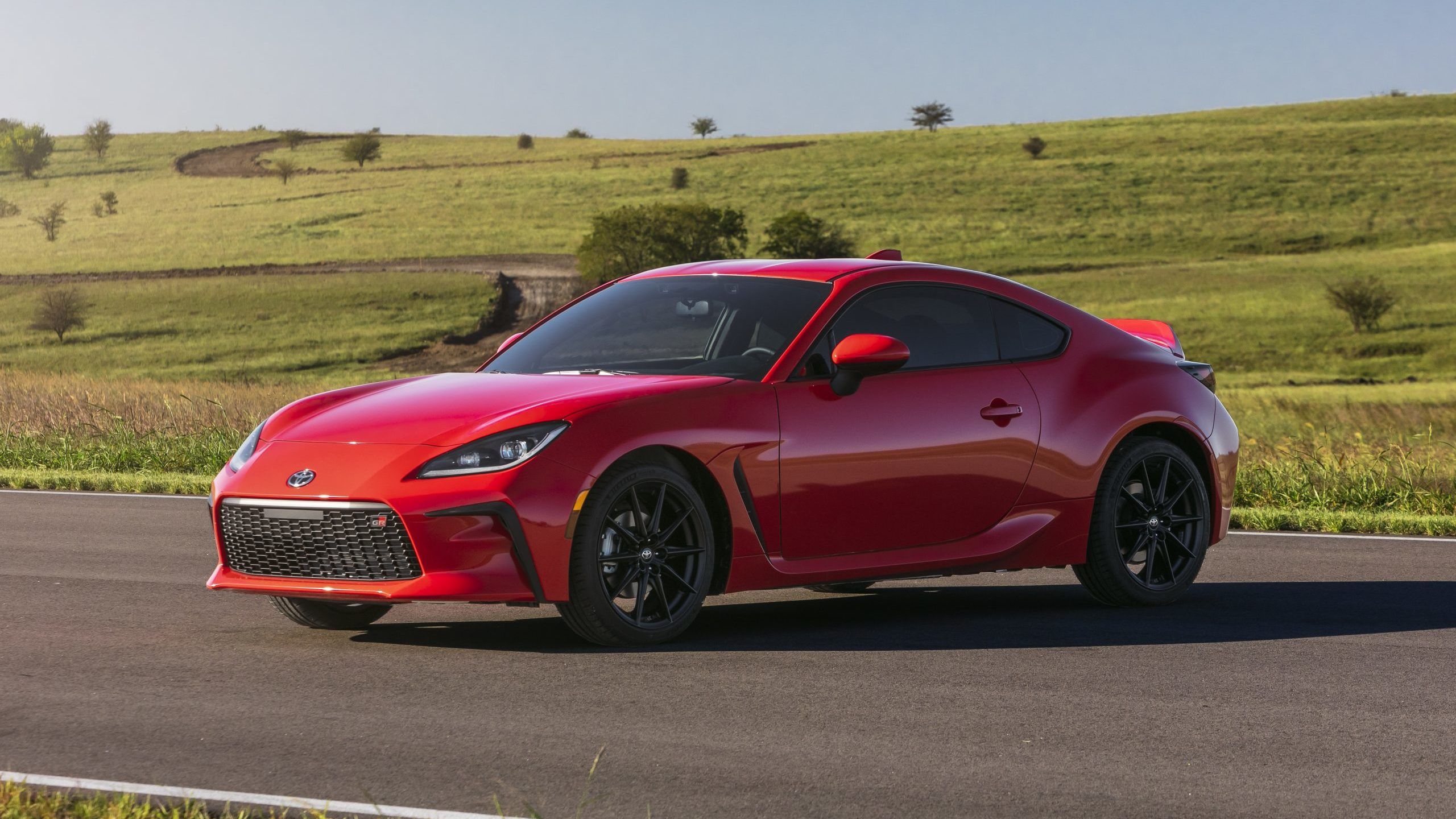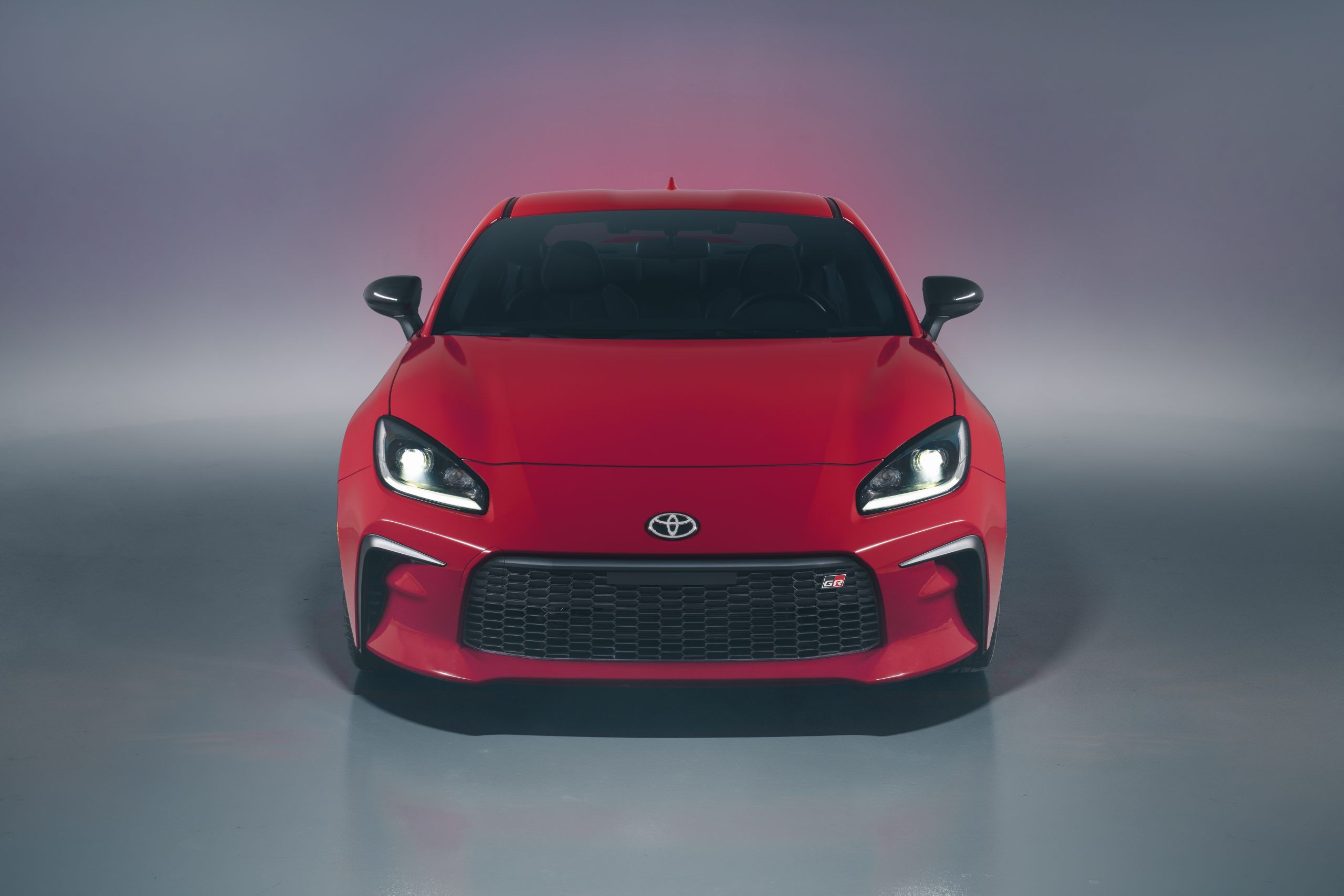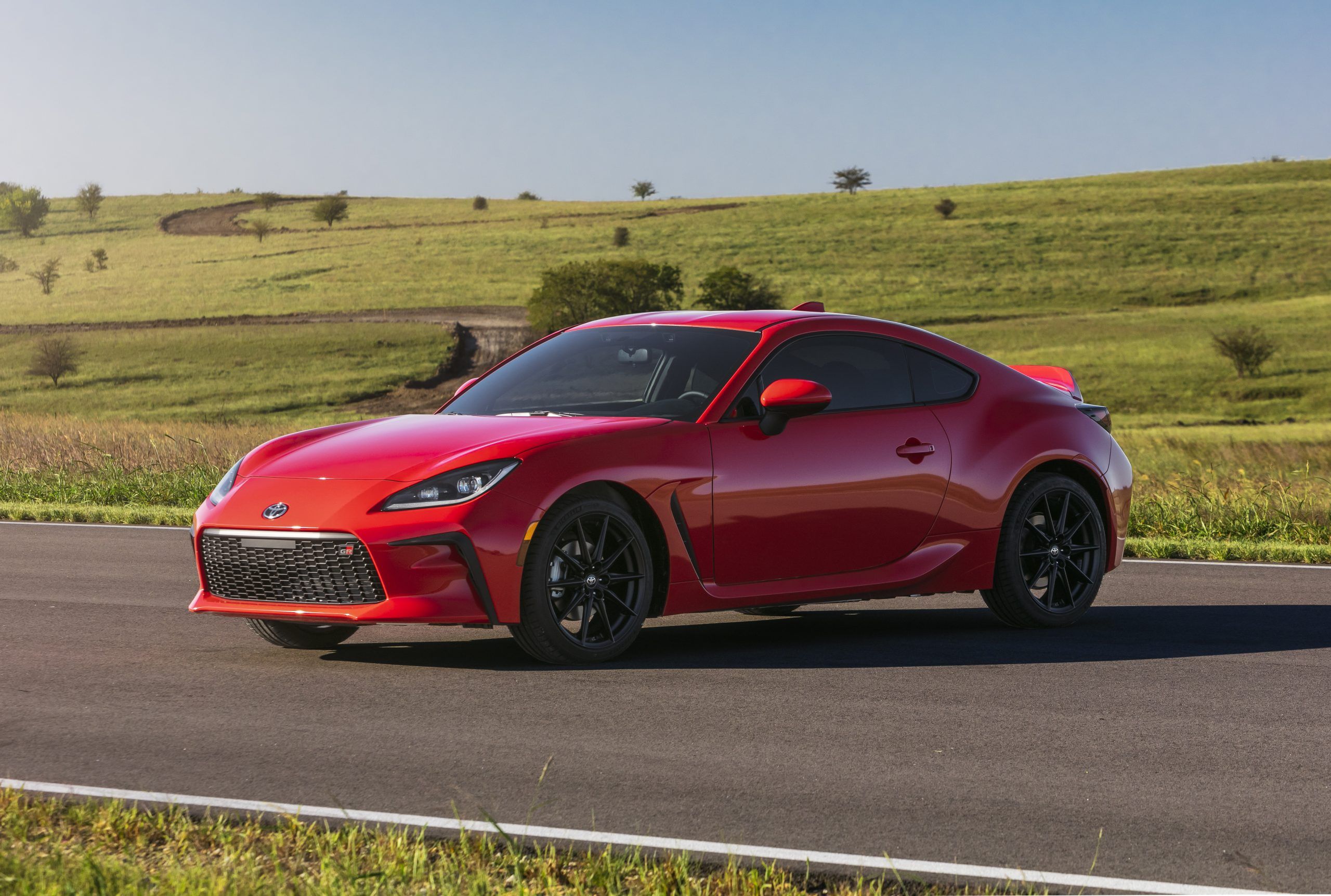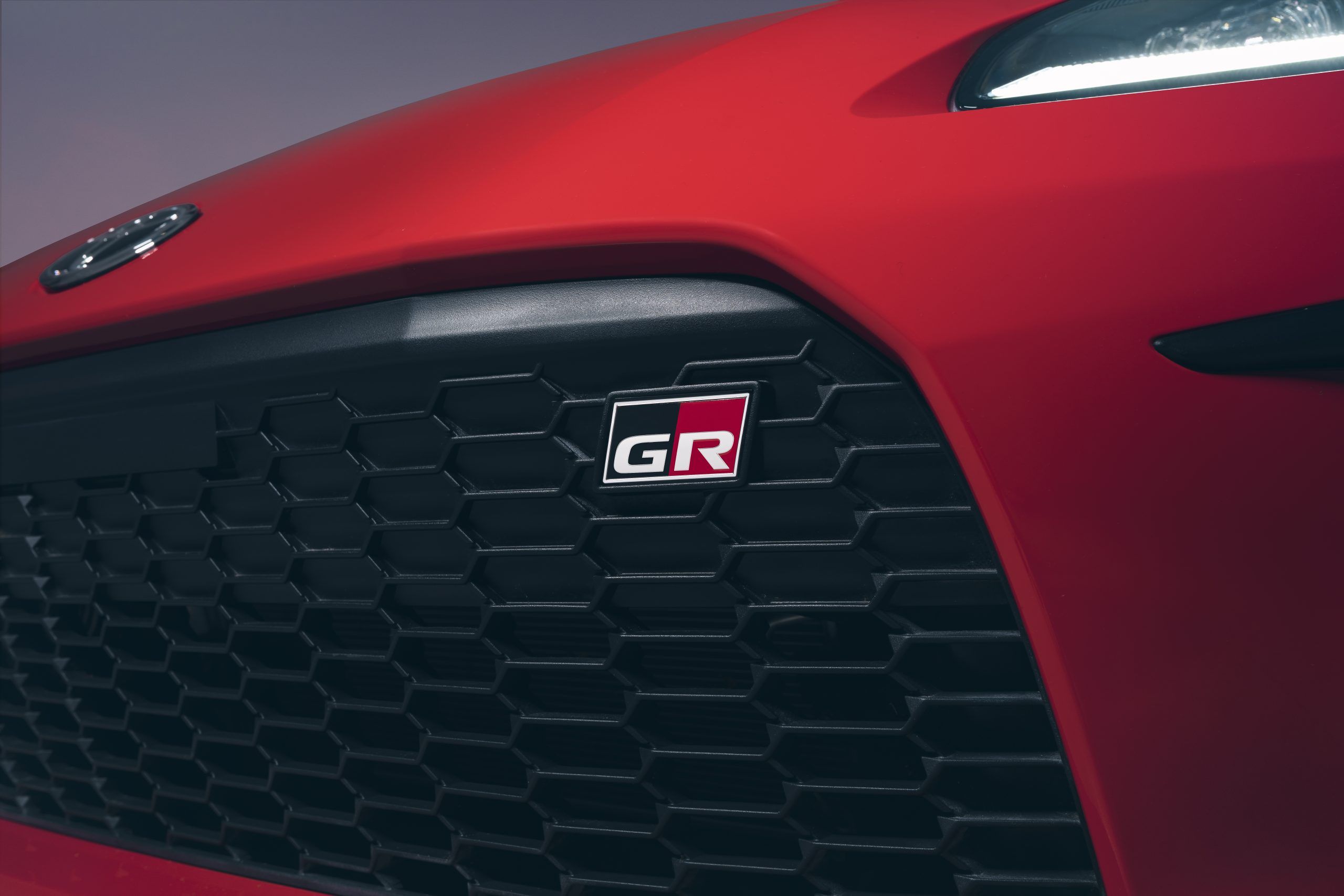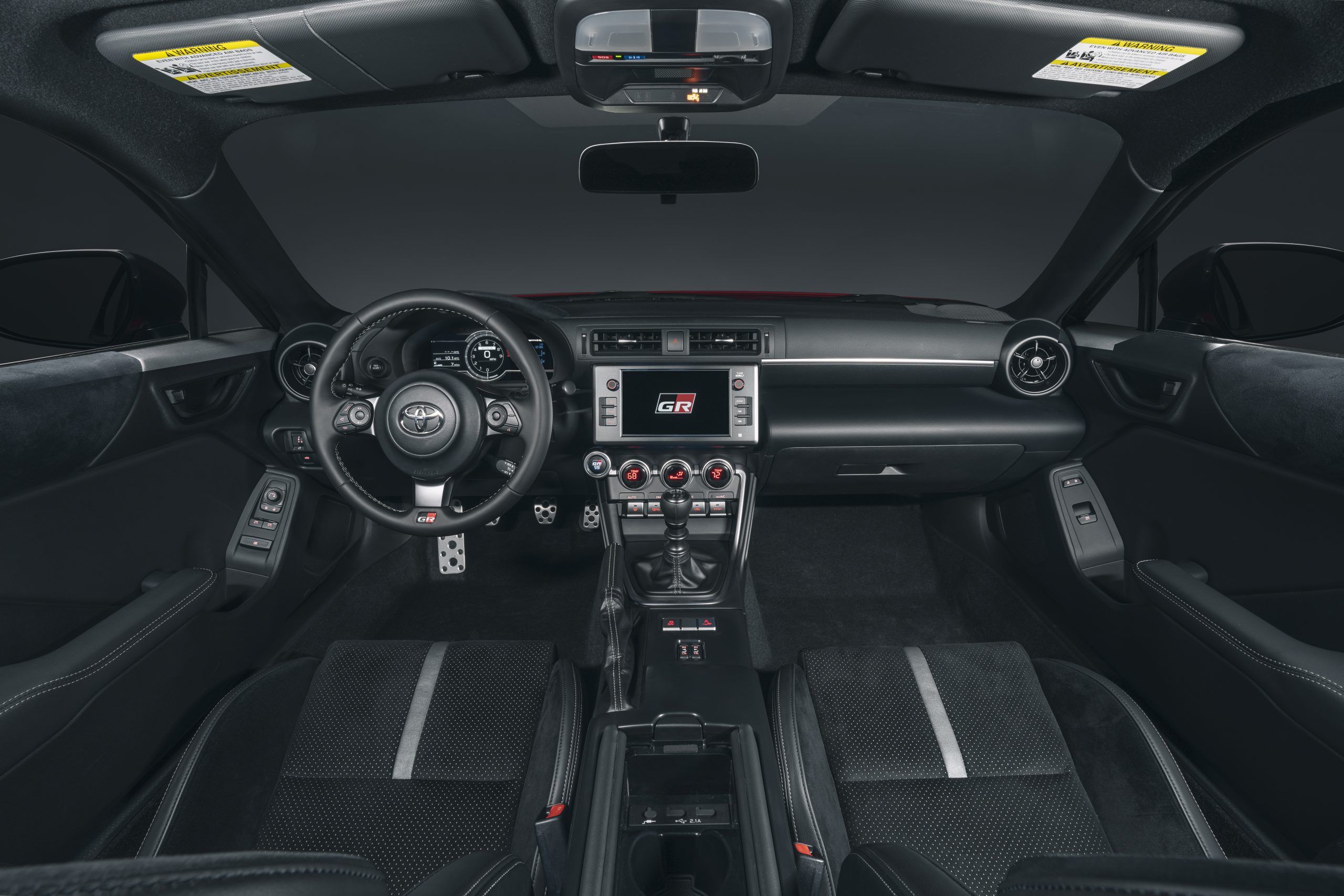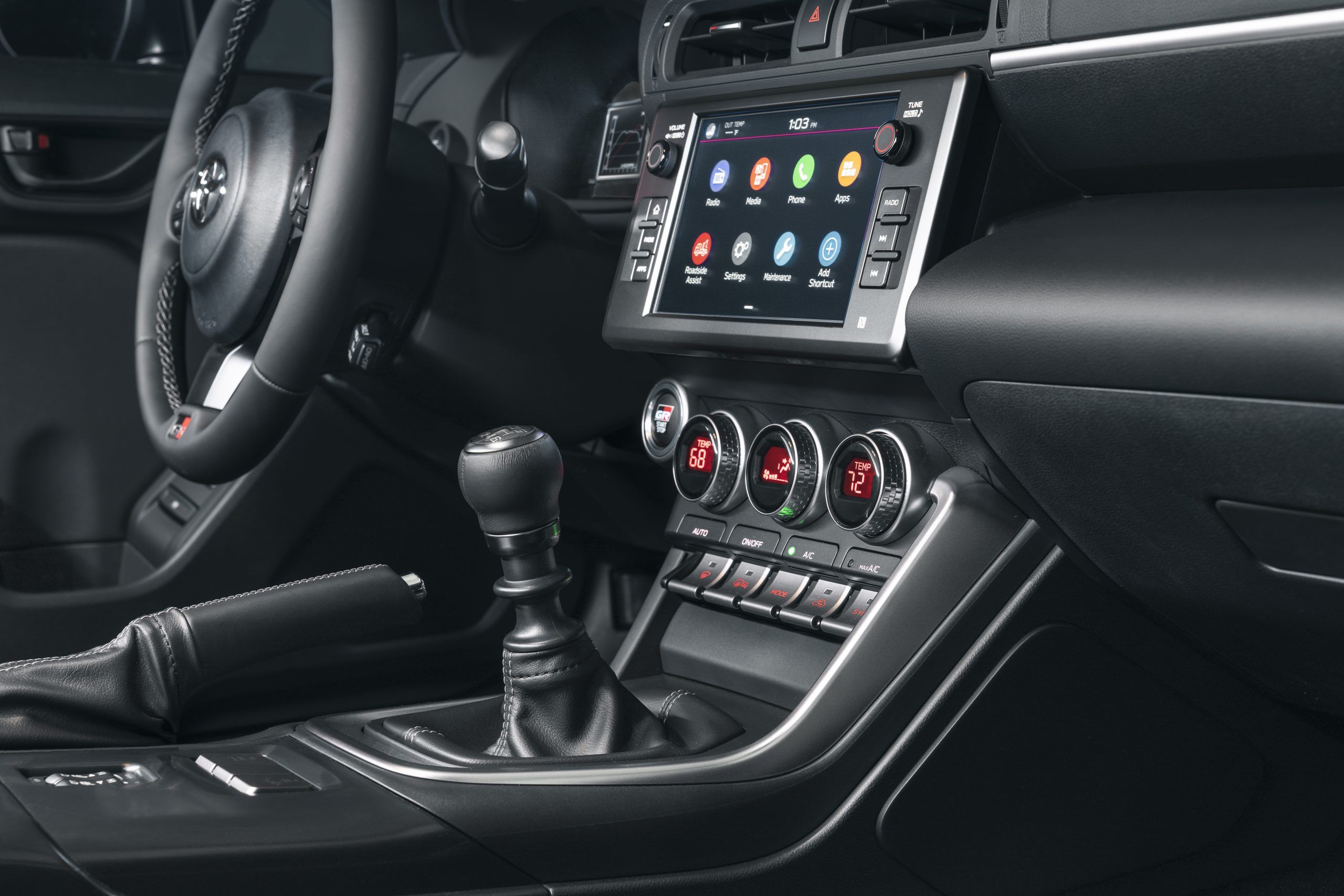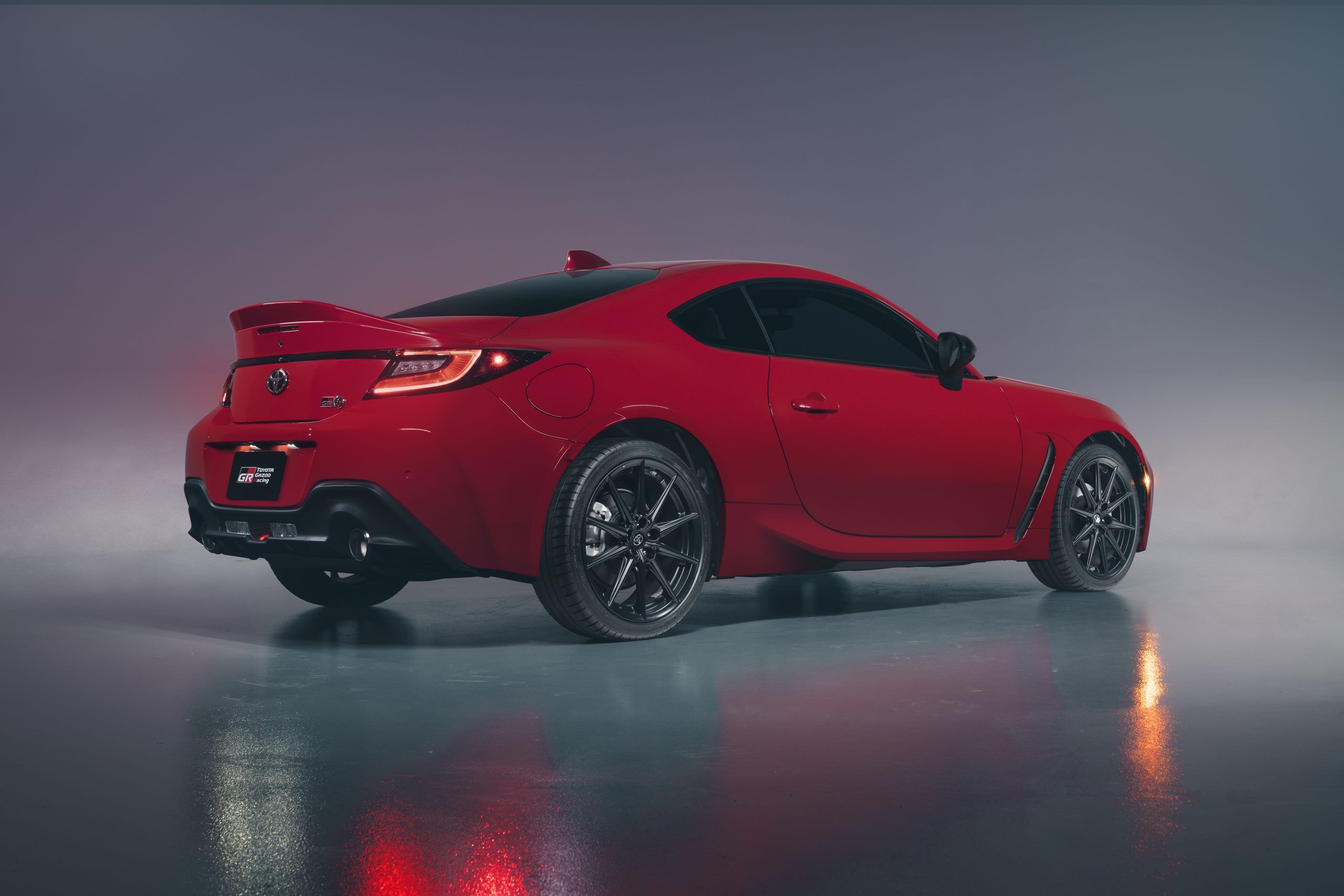The global version of the 2022 Toyota GR86 arrived back in April of 2021, and since then, we’ve seen what it could look like as a convertible, as a shooting brake, and we’ve even seen how others would have redesigned it. However, up until now, we hadn’t seen or heard anything about the model that would land here in the States, but all that has changed now, as Toyota has finally revealed most of what we need to know. We already had a good idea of what to expect, but now we know for sure that it was worth the wait. Here’s what you need to know about the U.S.-spec 2022 Toyota GR86.
The New Toyota 86 – We Didn’t Know What to Expect
It was no surprise when we learned that Subaru and Toyota were working together on the next-gen BRZ\GR86 twins. It was a nice little surprise, however, that Toyota’s Gazoo Racing would play a part in their development, but what was really offsetting were all the rumors. Following confirmation of their development, we got word that the 86 and BRZ would feature a turbocharged engine. Then we learned that it would ride on Toyota’s TNGA platform and could feature all-wheel drive. The rumors for and against turbocharging didn’t let up, at least not until the new global version of the GR86 arrived without a turbo. Now, we’re looking at the U.S.-spec model, and despite the lack of turbocharging, AWD, or a new platform, it’s hard to imagine the car being any better from the factory.
Gazoo Racing – Making the Most out of Small, Naturally Aspirated Thrills
Right away, let me point out that the new GR86 does share the same basic proportions with its predecessor. It has that iconic, low hood line, swept-back roof, and an amazingly low center of gravity thanks, in part, to the design of the engine. Where the old Toyota 86 features a 2.0-liter with a maximum output of 205 horsepower and 156 pound-feet of torque, the 2022 GR86 features a larger, 2.4-liter flat-four with 228 horsepower and 184 pound-feet – an improvement of 23 ponies and 28 pound-feet. More impressive is that maximum torque peaks at just 3,700 rpm vs. the 6,600 rpm peak of the outgoing model. As you’d expect, the GR86 is still every bit a driver’s car, so the six-speed manual gearbox is standard equipment, while you can opt for a six-speed automatic if you want. Either way, power is sent exclusively to the rear wheels through a limited-slip differential.
Bigger Engine, More Power, Marginal Weight Gain
The old Toyota 86 tips the scales at anywhere between 2,776 and 2,835 pounds. Toyota hasn’t released a specific range of weights for the 2022 GR86 yet, but has said that the curb weight comes in at just over 2,800 pounds. Maintaining a similar weight was made possible by the aluminum roof and fender panels, among other minor changes here and there. Keep in mind that the new GR86 didn’t benefit from an all-new platform as it’s actually riding on the very same bones that underpinned the last-gen 86. However, Toyota did make some changes, including adding new front and rear subframe reinforcements to improve structural rigidity, while the rest of the chassis likely received minor updates for improved handling, decreased body roll (not that there was much to begin with), and better comfort on the road.
2022 Toyota GR86 Performance – Big Gains From a Little Power
The new GR86 might be rocking an updated version of the same platform and hasn’t increase much in terms of power, but it bring some pretty impressive on-road performance gains. Where the old Toyota 86 made the sprint to 60 mph in 7 seconds with a manual or 8 seconds with an automatic, the GR86 shaves 0.9 and 1.4 seconds of those times. So, with a manual transmission (and the ability to shift with precision) you’ll get to 60 mph in 6.1 seconds or 6.6 seconds if you opt for the six-speed auto. That’s a huge improvement for a meager increase of 23 ponies and 28 pound-feet. Toyota hasn’t disclosed top speed figures yet, but the old model could hit 140 mph, so you should expect something similar from the 2022 GR86.
The 2022 GR86 Has a Great Interior
Toyota didn’t stop with enhancing performance, so you can expect to find some nice improvements inside the new GR86 as well. The base and Premium trim levels include a 7.0-inch digital instrument cluster and an 8.0-inch infotainment display, the latter of which is positioned in the center stack, below the center vents for easier access by the driver. Apple CarPlay and Android Auto are standard, but if you want good tunes, you’ll need to go with the Premium trim level with 8 speakers, two more than what comes standard in the base model. Digging further into the technology, models equipped with an automatic transmission get a decent suite of driver assist features:
-* Adaptive cruise control
-* Automatic emergency braking
-* Lane departure warning
-* Automatic high beams.
Those who opt for the manual transmission, however, will not get any of the driver assist systems, so that’s something to keep in mind when you show up at the dealer. Beyond all of this, the new front seats are more supportive and closer to sports seats, while the Premium trim level will get you Alcantara upholstery and leather accents throughout the cabin. There’s a leather wrapped steering wheel and shift selector, and if you go with the automatic, you’ll also get flappy paddles behind the wheel so you can still kind of shift on your own if you want.
Final Thoughts and Pricing
Toyota hasn’t disclosed pricing yet, but the outgoing model started at just a hair over $27,000, so don’t expect the GR86 to go much beyond that. A reasonable price increase should be expected, but it will definitely start out below the $30,000 mark. With that said, don’t be bummed out that the new Toyota GR86 isn’t turbocharged and remember that, while it’s much quicker in a straight line, the 86 was never meant to be a straight-line car. The 86 is designed to be driven with conviction and spirit; it’s meant to carve corners. It’s a true, compact, and affordable driver’s car and, if you really want to push it beyond its limits, you can bet there will be aftermarket tuning and turbo packages readily available within a year or two. If nothing else, you can say thank you to Toyota for designing the car in a way that leaves room for you to tune it and make it your own because there’s always something a little more special about a car that you’ve tuned to be fast as opposed to a car that’s fast from the factory.

